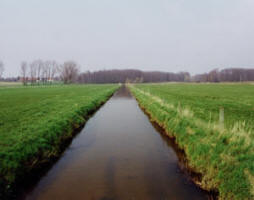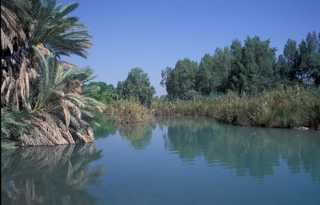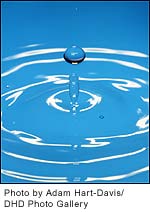 The campaign to exclude AquaFed from contributing to international work on water is contrary to public interest and the environment.
The campaign to exclude AquaFed from contributing to international work on water is contrary to public interest and the environment.
Paris, 19 May 2011- AquaFed, the International Federation of Private Water Operators, is the victim of an aggressive campaign, led by the Council of Canadians, which aims at excluding it from contributing to the work ofthe international community by misrepresenting it.AquaFed is open to all businesses that provide public water and sanitation services according toinstructions given by public authorities. It represents over 300 companies that supply drinking water dailyto hundreds of millions of people in both urban and rural environments in 40 countries. A few operate inseveral countries. Many are small local enterprises. The size of the companies is very varied; somesupply tens of millions of people a day, while many others supply only a few thousands.AquaFed is a not-for-profit association. Its objective is to contribute to solving the many current problemslinked to water by contributing the know-how and expertise of the private sector for the benefit of theinternational community.Every day, private operators deliver water services of high-quality to hundreds of millions of people, inboth the developing world and the developed countries. Delivering the right to water under the control ofpublic authorities is part of their core business. Through the Federation, private operators havesupported the development of the right to water and sanitation for many years. AquaFed has publishednumerous contributions about it in order to ensure that the right is meaningful and workable. In 2010, itsmembers celebrated the recognition of the right by the United Nations. They note that the sameresolution by the Human Rights Council confirms the legitimacy for Public Authorities to make the choiceto mobilise third parties, including private companies, associations or public companies, to deliver thishuman right.The number of people without permanent access to water, at an affordable price in the immediateproximity of their home, is much higher than the number of 884 millions often cited and which refers tosomething else. According to the UN statistics, 2.9 billion people do not have a tap in their homes or inthe immediate vicinity. According to AquaFed this means that about 4 billion people, half humanity, donot have regular daily access to running water that is truly drinkable.The growing water shortages resulting from increased consumption and climate change also requireurgent public action and closer consultation with all the parties involved. This is the reason whyorganisations that establish dialogue between all stakeholders are multiplying throughout the world.Faced with the growing importance of the current challenges linked with water, governments need tomobilise all stakeholders. The Human Rights Council highlighted this in its resolution on the right towater1, echoing repeated statements by the Secretary General of the United Nations2.Faced with the need of a general and inclusive mobilisation, the campaign to exclude businesses thatcontribute to solving these challenges, simply because they are private, adds to the difficulties to beovercome. This campaign seems to be motivated more by a lobby whose principal objective is to hindercertain businesses than by a willingness to find solutions to water problems in the interests of people andthe environment.AquaFed aims to continue to work with governments and all stakeholders, including public sector wateroperators, which are much more numerous than its own members, and with businesses from many othersectors of the economy whose activities depend heavily on an optimal management of water.
| Contact information | n/a |
|---|---|
| News type | Inbrief |
| File link |
http://www.aquafed.org/index.html |
| Source of information | Aquafed-The International Federation of Private Water Operators |
| Keyword(s) | water quality improvement, water demand management, water distribution area, water scarcity, water supply and demand, water supply management, Water governance, developing country, economic and social development, local development, public service, sustainable development, water management, water policy |
| Subject(s) | DRINKING WATER , DRINKING WATER AND SANITATION : COMMON PROCESSES OF PURIFICATION AND TREATMENT , INFORMATION - COMPUTER SCIENCES , POLICY-WATER POLICY AND WATER MANAGEMENT , RIGHT , WATER DEMAND , WATER QUALITY |
| Geographical coverage | France, |
| News date | 20/05/2011 |
| Working language(s) | ENGLISH |
 you are not logged in
you are not logged in





